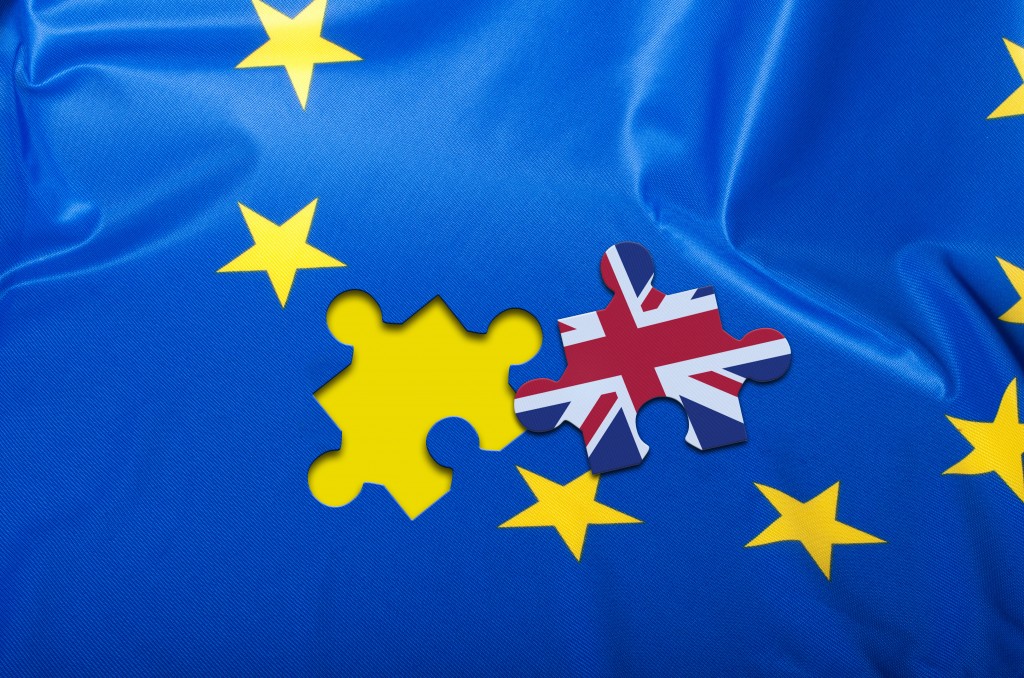
Brexit, FBOs, Globalization, and Identity
Chelsea Langston Bombino, July 8, 2016
Many Americans are asking what the recent British decision to leave the European Union could mean for shifting public attitudes not only in the UK, but also here in America. Proponents of leaving the E.U. (the “Leave” campaign) cited, among others, growing concerns about the loss of national identity and national sovereignty, both outgrowths of increasing globalization. Proponents of remaining in the E.U. (the “Remain” campaign) expressed trepidations about the UK’s growing isolationism and lack of openness toward migration from other E.U countries, and, to a lesser extent, migration from outside the E.U. Americans on both sides of the political aisle cite similar concerns about, on the one hand, a waning sense of distinctively American identity, and, on the other hand, a rising fear of welcoming “the other.” So what does all this have to do with American religious communities and faith-based organizations? A lot, actually.
American faith-based organizations, at their best, exemplify the ideals of both those supporting and those opposing Brexit. On the one hand, there are thousands of religious humanitarian agencies, child placement organizations, educational institutions, and healthcare facilities with unique, unmistakable, faith-saturated identities. Think of World Vision’s distinctively faith-animated institutional identity. In answer to the question “Why We Serve” on their website, World Vision states: “Motivated by our faith in Jesus Christ, we serve alongside the poor and oppressed as a demonstration of God’s unconditional love for all people.” In fact, World Vision is so specifically Christ-centered in its identity that in a court case that challenged whether it was religious enough to be allowed to staff based on its faith, the court ruled in favor of World Vision. The court stated: “Even a cursory review of World Vision’s Articles of Incorporation, bylaws, core values, and mission statement reveal explicit and overt references to a religious purpose.”
At a time when many Britons and Americans alike feel like their characteristic national identities and values are being threatened, American faith-based organizations like World Vision are demonstrating a unique way forward that individuals, institutions and governments alike should consider. American FBOs demonstrate how core aspects of identity -whether religious, national, or otherwise- can remain true and distinctive, thriving amidst tides of change, whether that change is globalization or a diversifying civil society.
Biola University is doing just that. As a faith-centric college located in the heart of California’s entertainment-based society, this counter-cultural institution is animated by its faith in every aspect of its organizational life. As Biola’s President Barry Corey has written: “We are a university [with] firm centers and soft edges. Rooted in the truth of God’s Word and God’s world, we are called to engage the culture with a deep conviction but in a way that is meek, loving, graceful and with an attractive fragrance.”
These faith-based services organizations demonstrate the ideal reflected by many Leave supporters of retaining a distinguishing identity. These FBOs operate in a pluralist public square and serve diverse individuals yet they remain true to their characteristically religious identities. In addition, many American religious organizations are also embodying the aspiration of openness and welcoming the stranger echoed by many Remain supporters. In addition to maintaining a thriving religious identity, these Christ-shaped organizations are also embodying these values through their faith-inspired service to those very different than themselves as living expression of their religious tenets to love their neighbors as themselves.
Late in 2015, faith-based refugee service organizations in Texas faced challenges from the governor, Greg Abbott, over whether they could continue to serve all refugees based on their faith. On November 16, 2015, the Texas government sent all the resettlement groups a letter which stated: “We reserve the right to refuse to cooperate with any resettlement on any grounds, and, until further notice, will refuse to cooperate with the resettlement of any Syrian refugees in Texas. If you have any active plans to resettle Syrian refugees, please discontinue those plans immediately.” In Texas, many of the agencies that receive contracts to provide refugee services are religious. One of their core religious convictions is to serve all refugees in need. Because of this, some religious agencies in Texas interpreted the Texas letter not just as a directive to violate federal law, but a directive to violate the core tenets of their faith.
Fortunately, Gov. Abbott walked back from his comments and faith-based refugee resettlement organizations in Texas remained free to serve in alignment with their faith. Faith organizations of many religious backgrounds have expressed that conviction that service to displaced persons is a central faith issue for them. The first words the United States Conference of Catholic Bishops website uses when addressing the question of Syrian refugees are the words spoken by Christ in Matthew 25:35 “I was a stranger and you welcomed me.”
F. Scott Fitzgerald famously said: “The test of a first-rate intelligence is the ability to hold two opposed ideas in mind at the same time still retain the ability to function.” I posit that many American faith-based organizations not only embody two apparently contrary notions simultaneously (a distinctive identity and an openness to the other), but that these seemingly binary concepts are actually both expressions of the Gospel lived out by many diverse institutions of faith. Regardless of the opposing views on Brexit and their larger implications for public attitudes in the UK and in America, many American FBOs demonstrate it is possible to have what Barry Corey called “a firm center and soft edges.” Could the “firm center, soft edges” model be a way for individuals, civil society institutions, and perhaps even governments to carry out two apparently opposed ideas at the same time and not just retain their capacity to function, but actually thrive in this ever-evolving, more global and diverse society?
